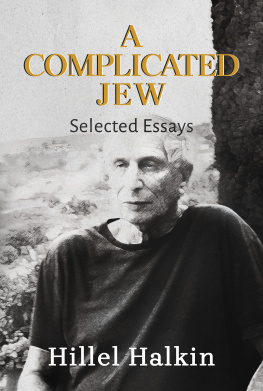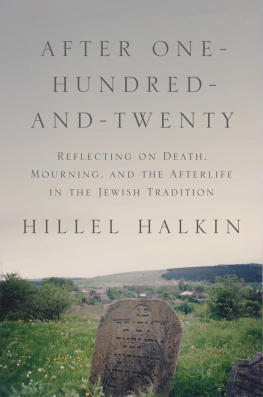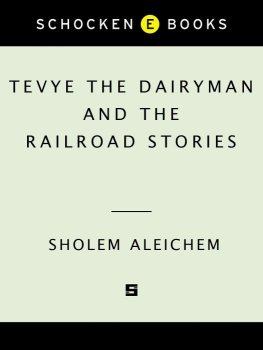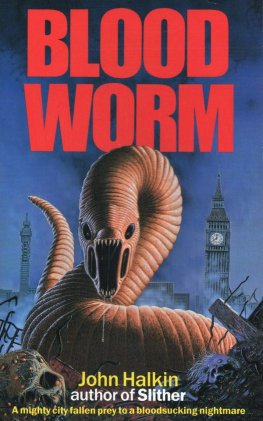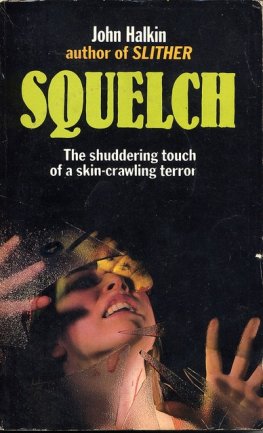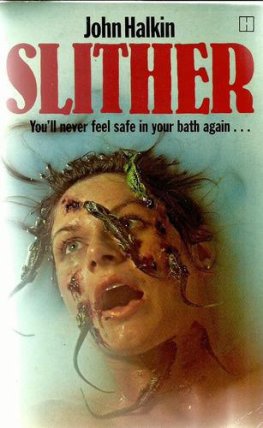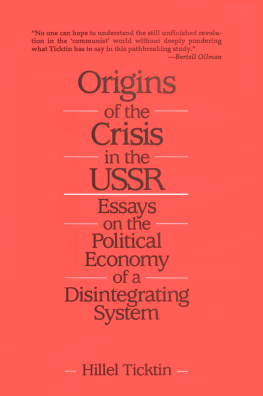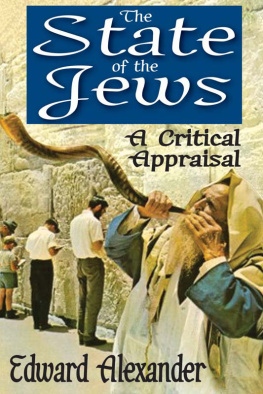Books by Hillel Halkin
Letters to an American Jewish Friend (1977)
Grand Things to Write a Poem On: A Verse Autobiography of Shmuel Hanagid (2000)
Across the Sabbath River (2002)
A Strange Death (2005)
Yehuda Halevi (2010)
Melisande! What Are Dreams? (2012)
Jabotinsky: A Life (2014)
After One-Hundred-and-Twenty: Reflecting on Death, Mourning, and the Afterlife in the Jewish Tradition (2016)
The Lady of Hebrew and Her Lovers of Zion (2020)
Lives of the Children of Manasia (With Isaac Thangjom, 2021)
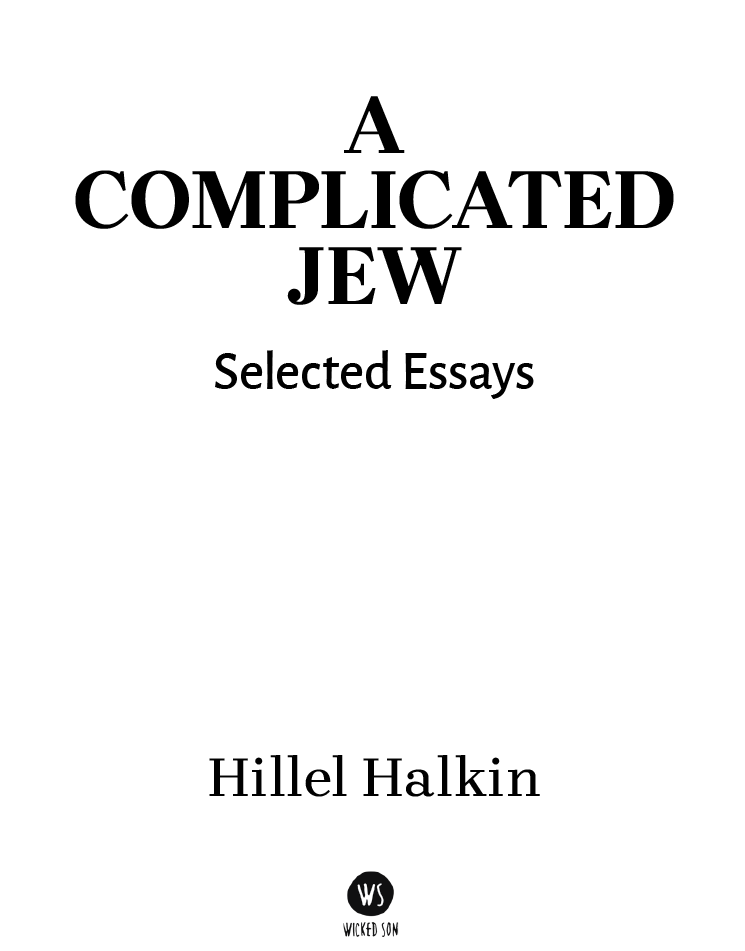
A WICKED SON BOOK
An Imprint of Post Hill Press
ISBN: 978-1-64293-810-4
ISBN (eBook): 978-1-64293-811-1
A Complicated Jew:
Selected Essays
2021 by Hillel Halkin
All Rights Reserved
Cover Design by Tiffani Shea
This is a work of nonfiction. All people, locations, events, and situations are portrayed to the best of the authors memory.
No part of this book may be reproduced, stored in a retrieval system, or transmitted by any means without the written permission of the author and publisher.


Post Hill Press
New York Nashville
posthillpress.com
Published in the United States of America
Table of Contents
The eighteen essays selected for this book were published over a period of nearly half a century, the first of them in 1974, the last in 2021. Most appeared in Commentary , my writing for which was inseparable from my long association with Neal K ozodoy, the magazines second-in-command throughout the 1970s and 80s and editor in chief from 1995 to 2009. I started contributing to Commentary soon after Neal went to work for it and stopped when he retired, and I am deeply grateful for his prolonged aid and support. Subsequently, I wrote for the internet magazine Mosaic , which Neal helped found, and for the Jewish Review of Books and its editor Abe Socher. Essays published there appear in these pages, too.
I have not arranged these essays in the order in which they were written. Rather, I have sought to give them an autobiographical sequence. Thus, the books first entry deals with my familys origins in Eastern Europe, its second and third with my New York childhood and adolescence, and so on. This was an imprecise method, since some pieces touch on, or have as their background, more than one time of my life, but I thought it better than any other.
Deciding what to choose for this volume, whose length was a preordained given, was not always easy. Essays like Holy Land, Rooting for the Indians, Either/Or, Driving Toward Jerusalem, My Uncle Simon, Sailing to Ithaca, and others of a personal nature were never in doubt. Nor were many that I had no qualms about omitting, occasion-driven pieces on books, events, and political developments that belong to the past. The borderline cases tended to be those in which there was a mixture of the two things. If I included Feminizing Jewish Studies (1998) and How Not to Repair the World (2008), it was because, though the books discussed there may no longer be of much interest, they gave me an opportunity to say things that I felt strongly about and still do. Conversely, while they have passages that I value, I left out essays like Whose Palestine? An Open Letter to Edward Said (1979), and The Waltzing with Bashir Two-Step (2009), which contained more detail about the book and film they reviewed than I thought it fair to subject readers to today.
In some cases it was hard to decide about a piece because it was one of several on the same subject. Although Ive written on various issues having to do with the Bible, for example, there was only so much that I felt this book could accommodate. Similarly, I excluded otherwise worthy essays on Israel and Zionism because there were already enough of these. In one case, I dropped an entire category. Ive published literary essays that I think have stood up well over timeones on Saul Bellow, Philip Roth, Henry Roth, Cynthia Ozick, and Salman Rushdie, to mention somebut there would have been room at most for just one of them and I preferred to single out none.
I sometimes found myself wishing that I could take the best parts of different essays written on related themes and combine them. Although this was not, of course, possible, I did take the liberty in several places of borrowing a few lines from a piece I excluded and weaving them into one I included. I also allowed myself to make a small number of cuts and stylistic revisions in essays written, often in haste, many years ago. Nowhere have I changed matters of substance.
The titles of magazine articles are almost always given them by their editors. The author is rarely consulted, and although I was not always happy with the titles my essays received (some I thought excellent), I have let them stand. By now, whether I originally liked them or not, they have adhered to what they were stuck on and I would not try to peel any of them off. Book titles, on the other hand, are jointly decided on by the author and the publisher. When it came to a title for this one, neither its publisher Adam Bellow nor I had any bright ideas. I suppose it should have something to do with being Jewish, I said to Adam. All this books essays, after all, were written for Jewish publications and touch on some aspect of Jewish life or thought.
Well, Adam asked, what kind of a Jew would you say you were?
A complicated one, I said.
Which is how, quite spontaneously, the title of this book came about. I will not try to justify it in this preface. The essays themselves, I believe, do that well enough.
A fter a while, it went away. For a day or two, though, driving the long, straight roads on which we were often the only car for miles, it kept coming back, far down the road, like a mirage or a defect in my retina: a wagon with a Jew in it.
Horse-drawn wagons are plentiful; Jews are rare. This is the paradox of the modish pursuit of Jewish roots in what were once the shtetls, the towns and villages, of the Pale of Settlement of the Russian empire. Nowhere else in Europe can one see so unchanged the physical world in which Jews lived one hundred years ago. The Jews alone are gone from it.
I had been to Russia and Ukraine once before, as a correspondent, in 1995, spending a week in Moscow and a week in Kievlong enough to glimpse from close up the utter destruction of Russian Jewrys own roots (to glimpse, too, the devastation wreaked on Russia by seventy years of Soviet rule). I had wanted to get to the countryside, especially to the little village in White RussiaBelarus, as it now is calledin which my father lived until he was twelve, but there had not been time.
Late last spring I went.
Naybikhov, the place was called in Yiddish, Novibychov in Russian, and it had taken me a long time to get there because already as a child I was prepared to set out. Not so much because of anything my father told me. The youngest of seven brothers and sisters, he did not like to talk about his childhood, the mere mention of which made him melancholya response not in keeping with the fact that the poverty he was raised in was never dire and my aunts and uncles claimed he was the family pet. Nor, when it came to their family, did the Holocaust throw a dark shadow, practically all of their close relatives having, like them, left for America before World War I.
It was my aunts and uncles who told me most of the little I knew about Naybikhov, and although they never spoke of it nostalgically, something in me stirred to what I heard. No doubt this was a result of growing up on a fifth floor in Manhattan, from the parqueted heights of which I yearned instinctively for the country. Anything smelling in my imagination of dirt, soil, rotting leaves, manure, cows, horses, toolsheds, woodpiles, the smoke of fireplaces excited me, the son of a college professor who could not swim but had lived in a log cabin overlooking the Dnieper, with a wood-burning stove, and a yard, and a cow that was milked every day, and a vegetable garden on top of a hill that sloped steeply down to the river from which water was fetched in buckets, and the boats heading downstream from Mogilev to Gomel, or even all the way to Kiev, and sometimes tying up to take on passengers. I loved rivers, lakes. High and dry between one summer vacation and the next, I would have traded my childhood for my fathers. I would have made better use of his than he did.
Next page
